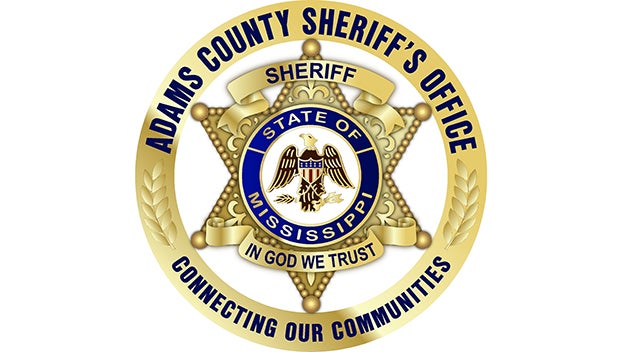TAKING CARE OF PEOPLE: Veteran still serving through U.S. Postal Service
Published 9:00 am Sunday, November 10, 2024

- Willie Morris has held two government jobs: first as a member of the U.S. Army and now working with the U.S. Postal Service.
|
Getting your Trinity Audio player ready...
|
NATCHEZ — Willie Morris has held two government service jobs throughout his life. His current one, with which most his customers are familiar with, is delivering mail for the U.S. Postal Service in Natchez.
In this coming May, he will have been employed by the Natchez Post Office for 30 years. His first government job, which he did for 10 years, was serving our nation in the U.S. military.
Morris is the father of two daughters, and recently became a proud grandfather to his youngest daughter’s baby girl, born Nov. 6. He remembers a time when almost everyone employed at the Natchez Post Office was a veteran. Now he can share his experience and world travels with younger generations who have never experienced such level of service.
“I wouldn’t change it for anything in the world,” Morris said. “I met a lot of new people and learned a lot of new things about other countries. I love to travel and when I retire, I’d like to learn more about the states. I always say, if you’ve never been anywhere, what do you know?”
Morris, who was raised by in Natchez a single mother with three other siblings, decided before he graduated that he wanted to enlist in the Army without his mother’s knowledge, he said.
His older sister had just gone to college and he knew his other siblings would want to go as well. He didn’t see the sense in “paying for a job” and instead decided a military career was “something to do to help out the family.”
“My uncle Edward Green was also in the military,” Morris said. “I said if he could do it, I could too. I also wanted to travel and see the world. I enlisted in the Army as soon as I turned 18 years old, on Dec. 26, 1987. I told my mom as her surprise Christmas present. She didn’t know and she wasn’t too happy. My dad wasn’t in the picture. She said I was going to get myself killed. But I could get killed right down the street. It’s a chance you have to take.”
His younger sister Debra Reed wound up later joining him in the army and they were both deployed to Desert Storm.
“Man, it was hot, to be honest,” he said. “They brought us in in the middle of the night, and you didn’t know where you were. All of a sudden, you can hear people praying early in the morning on a big, loudspeaker. You didn’t know there were people right there beside you until there was light out and there they were. That’s how dark it was. It was an experience, yes, but I was never in any hostile area.”
Morris said his military service included simple but crucial duties.
“I was a cook and then later a truck driver,” a fact that doesn’t make him feel any different than his comrades, he said. “I’d scored a 110 on ASVAB and could have had any job I wanted. They choose to pick their jobs. I chose mine. You are what you do. Those who were out there on the battlefield used to call us cooks ‘the spoon.’ I just said if you take the spoon away, how are you going to eat?”
Morris said he spent many early mornings, starting at about 2 a.m., cracking eggs and chopping up vegetables and meat for a breakfast to feed a company of 6,000 to 7,000 people.
“It didn’t bother me at all,” he said. “Some thought that they were at home and wanted me to cook their eggs a certain way. I never had to worry about being hungry.”
He switched to truck driving as he wanted to be able to travel more, which he did while delivering supplies to different bases, he said.
“I traveled until I was traveled out,” he said.
Morris remembers having fun serving in Spain and Germany, drinking beer during the October festival and playing sports on the base, including American football and basketball.
When he was discharged in 1995, he spent a year working a part-time roofing job in Kentucky before returning to Natchez to begin working as a city letter carrier.
“I walked in, told them I was a vet. Told them I could lick a stamp and pack a box and next thing I know I was taking the test. Been there ever since.”
He said being a veteran doesn’t get him special treatment.
“If people know you’re a veteran, they’ll sometimes thank you for your service, but everyone at the post office is treated the same. In the army, I took care of people. At the post office, you got to care of your people there as well.”






